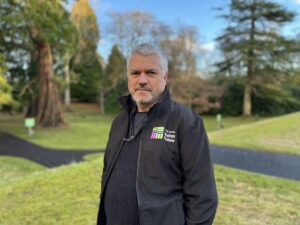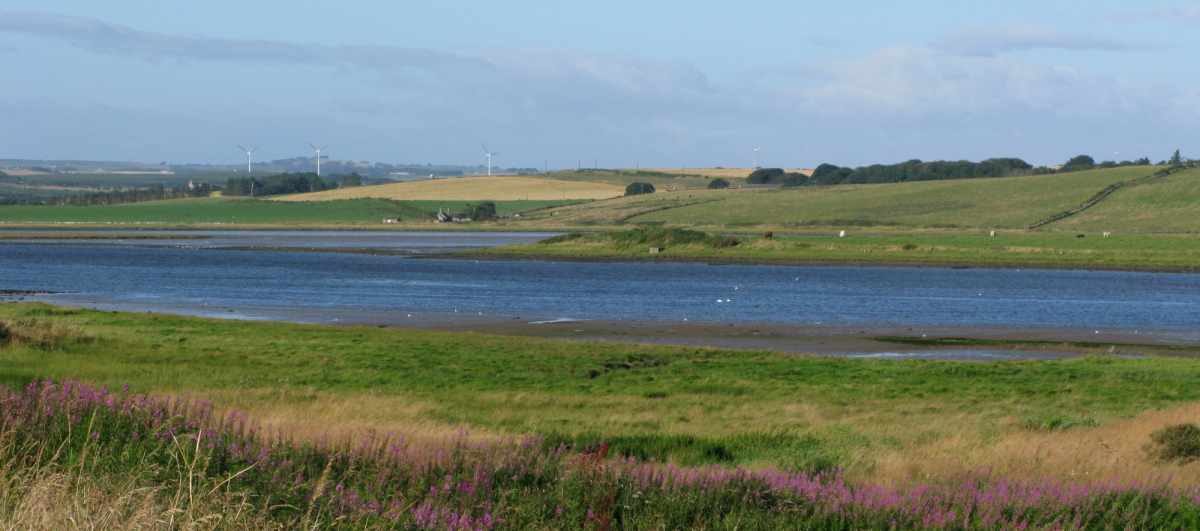Outputs
Risk and opportunities assessment framework development
Climate trends, projections and extremes
- Report: Climate trends and future projections in Scotland >
- Report: Climate extremes in Scotland >
- Report: Summary of climate trends, future projections and extremes in Scotland >
- 2-page report summary for policy makers: Climate trends, projections and extremes and their implications for Natural Capital and Policy >
Impacts of climate change on natural capital
- Report: Assessment of Natural Capital exposure to current and future meteorological drought >
Report: Development of a modelling approach for conducting spatial assessments of future wildfire danger in Scotland
Report: Climate change, soil water balance and risks to soil microbiological function
Report: Climate change effects on soil properties and functions: the case of soil water balance
- Report: Identifying habitats at risk of species loss due to environmental change
Risk perceptions
Related Projects
Prioritising Catchments for Nature Restoration in Scotland to Support Climate Change Adaptation: A report for NatureScot
Climate change is already impacting on Scotland’s communities, businesses, infrastructure natural capital and nature’s ability to provide ecosystem services. Restoration or enhancement of ecosystems at a catchment scale offers a significant opportunity for climate adaptation that achieves a range of multiple benefits for people and nature. Given the pace of climate chance, we need to act now to restore nature to help us adapt to climate change. The report below provides the results of a combined analysis using integrated spatial data sets, desk research, expert opinion and stakeholder survey and interviews to identify proposed priority catchments in Scotland where nature restoration can deliver multiple benefits, including climate adaptation outcomes.
This report presents the findings of research undertaken by the James Hutton Institute and Verture between November 2024 and March 2025. The conclusions reached are those of the research team and do not represent the views of NatureScot (who commissioned the research) and other agencies.
This work will be used to inform both the prioritisation of existing landscape scale nature restoration projects across Scotland and the development of new projects – helping to target the efforts of agencies at the catchments which can best support climate adaptation.
NatureScot are working with SEPA through the development of River Basin Management Plan 4 (RBMP4) to identify priority catchments for nature restoration. More information on the development of RBMP4, including consultation timescales, is available here. This research report will help to inform that work, but until priorities are identified and confirmed in RBMP4 (currently scheduled for December 2027) the catchments identified in this report have no formal status. They are proposed priorities identified by a research team, not the adopted or proposed priorities of NatureScot, SEPA and other agencies.


